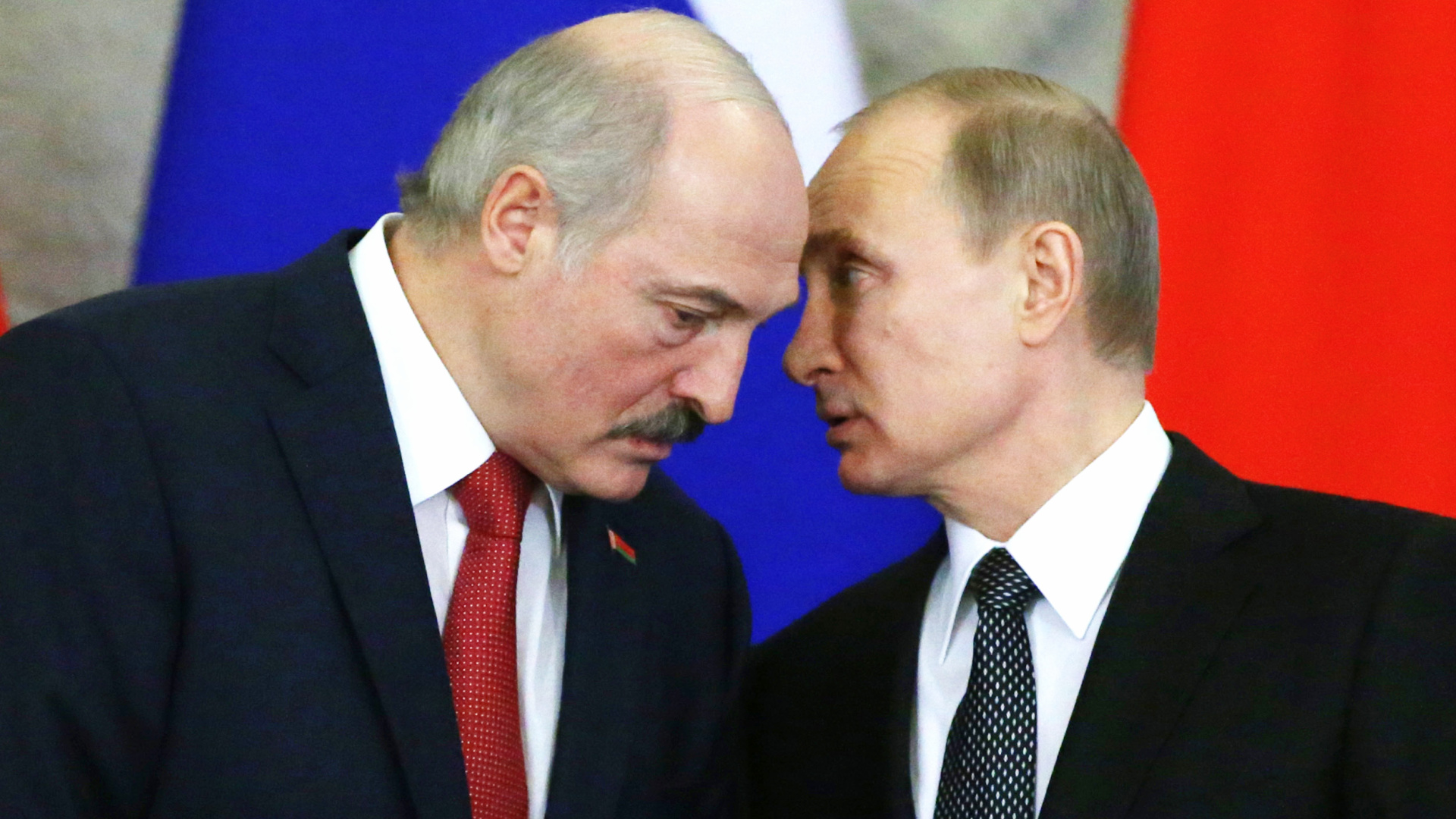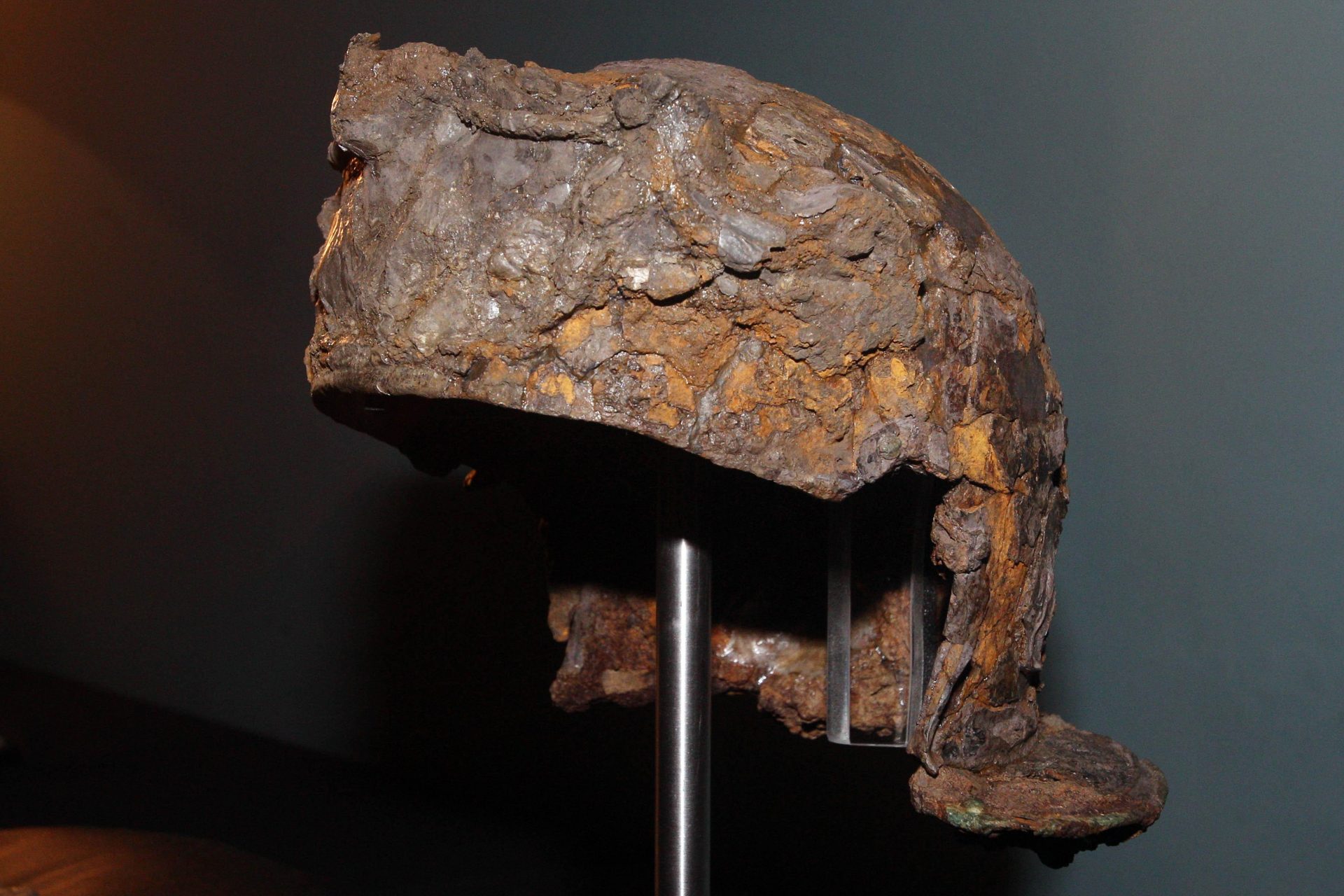Can money make you happy? This is the answer according to a Nobel Prize winner
Can money buy happiness? Not necessarily. Several studies have explored the relationship between salaries and satisfaction. It turns out the amount is far from the annual income of Elon Musk or Jeff Bezos, according to a study written by a Nobel Prize laureate.
Angus Deaton (2015 Nobel laureate) and fellow economist Daniel Kahneman concluded that earning more than 75,000 dollars per year will not make you happier on any given day. Magazines like Forbes picked up this study.
Deaton and Kahneman believed that when you start earning more than $75,000, it becomes hard to increase your ability to do things that make you happier.
Things “such as spending time with people you like, avoiding pain and disease, and enjoying leisure,” says a quote from the study collected in Business Insider.
When you reach the point where every basic need is covered, there is not much room to buy things that will make you happier.
Image: Sharon McCutcheon / Unsplash
Your free time, health, or relationships stop improving at the same rate as your income.
$75,000 a year is only a reality in rich countries. This kind of salary is almost impossible in a developing nation. Furthermore, Deaton did his calculations back in 2010.
Image: Roberto Junior / Unsplash
In a recent study, referenced by Business Insider, Wharton fellow Matthew Killingsworth increased the amount to $85,000.
Economist Seth Stephens-Davidowitz claimed that Dr. Killingsworth also debunked Deaton's idea. He found that it is possible to increase happiness after the 75,000-dollar mark.
However, “you need to keep doubling your income to get the same happiness boost,” wrote Stephens-Davidowitz in the New York Times.
Stephens-Davidowitz also suggested that the happiness boost can return when you hit the 8-million-dollar mark.
“A study of thousands of millionaires led by researchers at Harvard Business School found a gain in happiness when a net worth rises above $8 million,” he wrote.
“But the effect was small: A net worth of $8 million offers a boost of happiness that is roughly half as large as the one from being married,” Stephens-Davidowitz added.
Image: Álvaro CvG / Unsplash
Your happiness and sadness are tied to the salaries of others as well.
Image: Jacek Dylag/Unsplash
Professor of Psychology Jean Twenge wrote in The Conversation: “one study found that people living in countries with more income inequality were less happy.”
Image: Matt Collamer/Unsplash
According to the UN's World Happiest Report, rich countries with better wealth distribution have happier citizens. That is the case for countries like Finland, Denmark, Iceland, and Switzerland.
Image: Tapio Haaja / Unsplash
The happiest countries in the ranking have an average salary of around 68,000 dollars per year.
Image: Baptiste Gousset/Unsplash
Despite being one of the biggest economies in the world, the United States has the 16th position in the UN's World Happiest Report.
Image: Jason Hutchison/Unsplash
On the opposite side, a small and poor Asian kingdom called Bhutan reached the headlines in 2019 by claiming to be one of the happiest places in the world.
Image: Adii Wahid / Unsplash
Does this mean that money is not necessary for happiness? No. The monarchy of the Buddhist kingdom decided to make happiness a state policy and measure it. But their results don't appear to be accurate.
Image: Gaurav Bagdi / Unsplash
Behind the happy and peaceful image that western countries have of Bhutan, the Bhutanese have grown cynical, according to a feature by NPR.
“We have an increasing income gap, we have increasing youth unemployment, environmental degradation,” Needrup Zangpo, executive director of the Journalists Association of Bhutan, told NPR.
The idea that you can find more joy without material possessions is faulty. Studies all agree: even though being rich will not make you happier, being poor will make you less happy.
On rare occasions, rich people do claim to be sad. That was the case of Christina Onassis, the heiress to Greek shipping magnate Aristotle Onassis. She famously suffered from depression and lost her entire family within 29 months. She died at the age of 37. William Wright's biography of her was titled 'All the Pain That Money Can Buy.'
In the end, happiness has to do with more than money. The UN's World Happiness Report considers per-capita income and healthy life expectancy as significant factors. But social support, freedom, and generosity can be equally important.
Image: D. Jonez / Unsplash
More for you
Top Stories






































